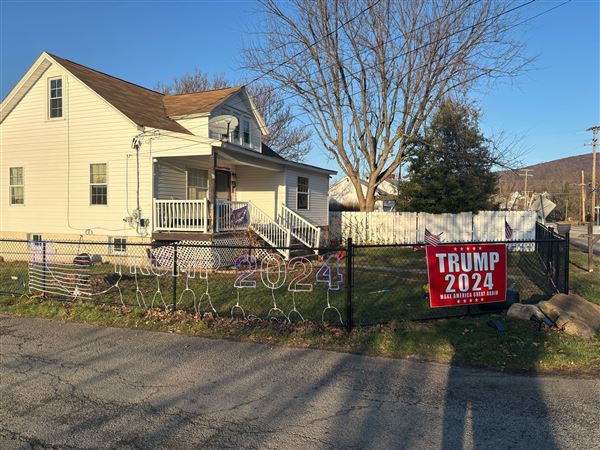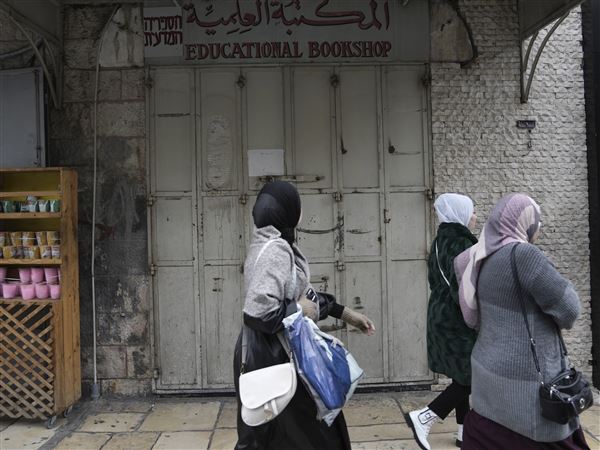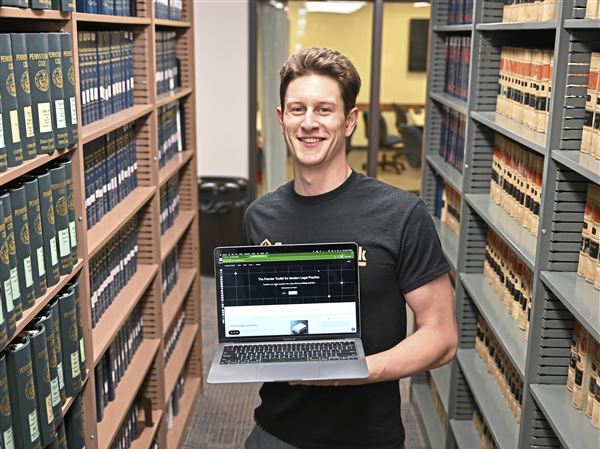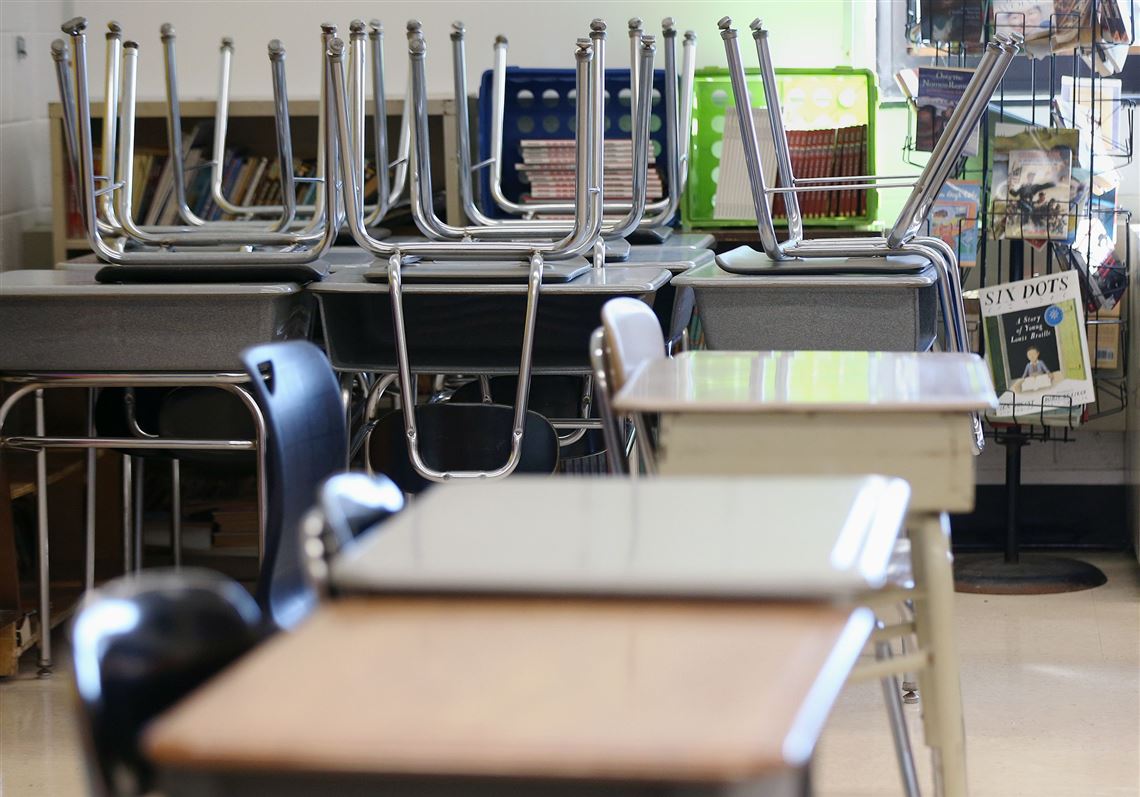A judge will decide, perhaps this fall, whether Pennsylvania’s constitutional mandate to provide “a thorough and efficient system of public education” means that every child must receive a quality public education that prepares them to participate in today’s democracy and economy.
Commonwealth Court Judge Renée Cohn Jubelirer has heard the evidence in a historic school funding lawsuit, William Penn School District v. Pa. Department of Education. The dramatic trial ended in March.
Fewer than half of Pennsylvania students are able to demonstrate proficiency in reading and math. Thousands graduate unprepared to succeed in a world demanding far more than basic literacy. Their schools lack adequate resources. Their communities lack capacity to raise the necessary funds to meet student needs and cover mandated costs.
Six school districts and two statewide organizations took the extraordinary step of suing state officials. The court will determine whether the legislature must finally provide the resources necessary to meet this constitutional mandate — or whether local school districts and taxpayers will continue to be stuck with inadequate funding, unable to fix this problem on their own. Will the General Assembly commit to supporting this system for all students, including those in low-wealth communities, so all are able to thrive and give back to the commonwealth as workers, taxpayers, and entrepreneurs?
Fifteen years ago, the state legislature commissioned a study to determine the cost of ensuring that by graduation, all students can perform at grade level. I presided over the legislature’s six-year plan to close funding gaps — called adequacy gaps — to ensure that every child had what they need to be college- and career-ready.
But the General Assembly turned away from this commitment, passing the buck to local taxpayers. Since then, problems have snowballed. None of the school districts surrounding my hometown of Johnstown have been able to close the widening funding gaps. The General Assembly has left local taxpayers without good options. Districts can try to raise more locally — or let students go without the resources they need.
This problem was on stark display when schools closed during the pandemic. Districts like Greater Johnstown couldn’t provide all students with laptops for remote learning until many months after schools closed down.
Yet Senate president pro tempore Jake Corman, a legislative respondent in this lawsuit, defends this flawed system. He and other legislators call claims that schools are underfunded “patently false,” while trumpeting recent state spending increases.
In fact, those increases haven’t nearly kept pace with steadily rising mandated costs facing school districts, for pensions, special education, and charter schools in particular. As costs rise, spending gaps between wealthy and poor districts grow.
Sen. Corman argues that our state has higher average spending than other states. But the Census data he cites shows that Pennsylvania’s per-student spending ranks seventh among nine states in our competitive market, the Northeast. Average spending statistics paint a misleading picture. Affluent districts have an abundance of taxable properties and easily raise far more than lower-wealth communities, thus inflating the average.
Similarly, the legislative respondents say Pennsylvania students on average perform adequately on standardized tests, but that unimpressive average hides vast race and class disparities in outcomes resulting from unequal local resources.
Sen. Corman’s arguments obscure a truth: In education, money matters. Increased funding used wisely produces results.
The proof: Fifteen years ago, when Pennsylvania made sustained efforts to close adequacy gaps, student outcomes improved. As Penn State professor Matthew Kelly testified at the trial, students from low-income families fare better in well-resourced districts than their peers in low-wealth districts.
This lawsuit is about the futures of generations of students — making sure they have meaningful, productive lives. If the senator’s defense of the status quo prevails, educators will continue to do the best they can, but we as a commonwealth will continue to fail thousands of children through no fault of their own. Invest now, or really pay later.
I’m hopeful that forward-thinking Pennsylvanians will prevail upon our legislators to make a change that lifts our children and our state for decades to come.
Jerry Zahorchak, former secretary of the Pennsylvania Department of Education, is former superintendent of the Greater Johnstown School District.
First Published: May 25, 2022, 4:00 a.m.
















